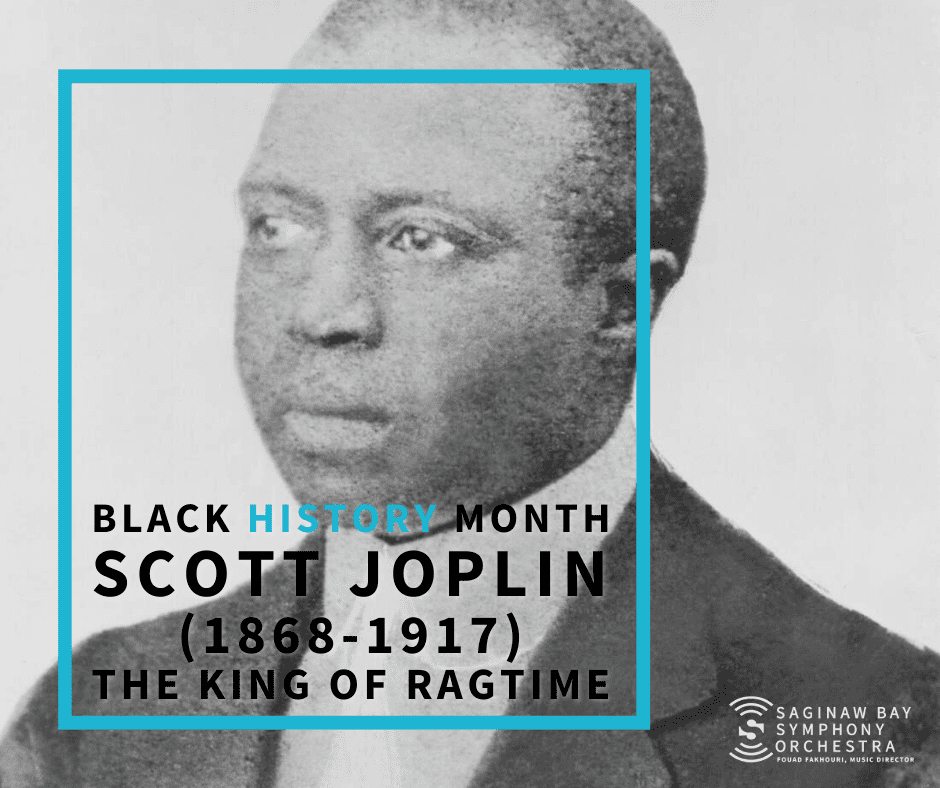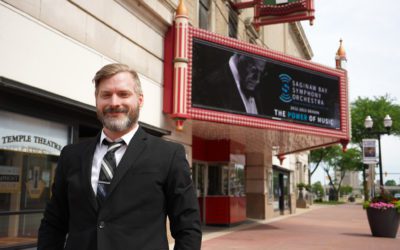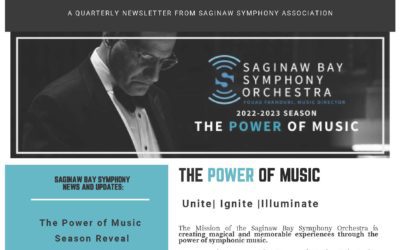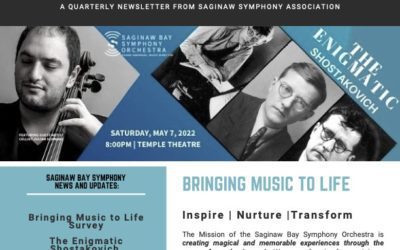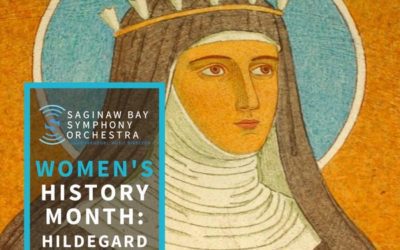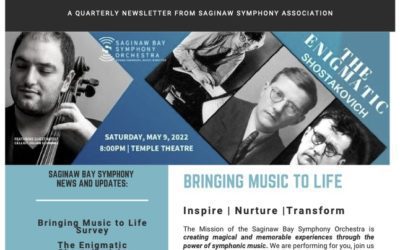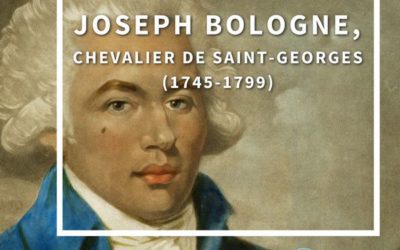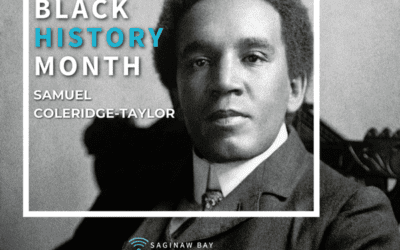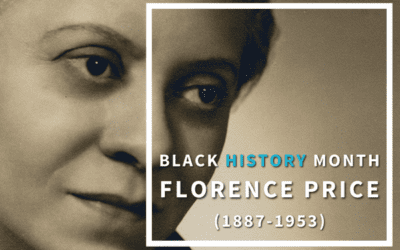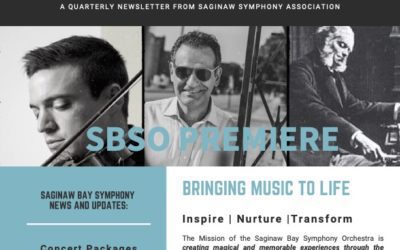Scott Joplin (1868-1917) was a composer and pianist known as the “King of Ragtime” for his famous ragtime compositions. During his career as a composer, he wrote over 40 original ragtime compositions, including “Maple Leaf Rag” and “The Entertainer”, possibly the two most famous ragtime pieces in existence, as well as one ragtime ballet and two operas.
Born in 1868 to a musical family of railway laborers in Texarkana, Arkansas, he grew up there and Texarkana, Texas, where he formed a vocal quartet and taught mandolin and guitar. In 1893, Joplin formed a band in which he played cornet at the World’s Fair in Chicago. Though black involvement was minimalized by the organizers of the World’s Fair, Joplin’s band was immensely popular in saloons, cafes, and brothels. The World’s Fair was attended by 17 million, and is largely credited with spreading the popularity of ragtime.
By 1897, ragtime was a national craze, and Joplin quit his job as a railway laborer to move to Sedalia, Missouri, where he made his living as a piano teacher, teaching piano to future ragtime composers Arthur Marshall, Scott Hayden, and Brun Campbell. In a time when the only methods of selling music were live concerts and publishing sheet music, Joplin was ahead of the curve enough that his first published ‘rag’, “Orignal Rags” was completed in 1897, the same year as the first ragtime work appeared in print. Joplin had difficulty finding a publisher for his second work, until he signed a contract with John Stillweell Stark, a retailer of musical instruments and member of the local ‘Maple Leaf Club’, a gentleman’s club. Stark agreed to publish Joplin’s new ‘rag’ on a 1% royalty basis with a minimum sales price of 25 cents, on the stipulation that the inscription “To The Maple Leaf Club” be visible on the top of at least some editions. The resulting publication has become known as the “Maple Leaf Rag”. The Maple Leaf Rag served as a model for hundreds of rags from future composers for years to come. Though initial sales were slow (Joplin made only $4 in profit the first year), by 1909, estimated sales would have earned Joplin an annual $600, which adjusted to current prices would be $16,968.
Joplin relocated to St. Louis, where he would compose “The Entertainer” in 1902, along with many of his other famous works such as “march Majestic” and “the Ragtime Dance”. By 1903, Joplin was already showing early signs of syphilis. Joplin would go on to produce more prolific works, including 1904’s “Bethena” and ran an opera company of 30 people before he moved to New York City in 1907, recently made widower by his second wife in September of 1904. He spent the next 8 years attempting to find a publisher for and later, self-publish his new planned opera, which met with critical failure. Joplin passed away from syphilitic dementia at the age of 48 in 1917, and was buried in a pauper’s grave, which remained unmarked for 57 years. The popularity of ragtime waned, and other genres such as jazz became the dominant music of the piano.
Joplin’s name was lost to relative obscurity for a time, until 1968, when a reawakening of interest in classical ragtime among music scholars prompted Joshua Rifkin, a young musicologist, to study Joplin’s work, recording his piano compositions for the public, and dissecting his works on public radio. By 1974, the collection of piano rags dominated the 3rd, 4th, and 5th spots of the Billboard Best Selling Classical LP’s for the month, and became Nonesuch’s first million-selling record. Joplin was inducted into the Songwriters Hall of Fame in 1970. In January 1971, Harold C. Schonberg of The New York times wrote a Sunday feature titled “Scholars, Get Busy on Scott Joplin!”. In 1972, Treemonisha, Joplin’s ‘failed’ opera, was performed at The Lincoln Center to critical acclaim. In 1973, the New England Conservatory Ragtime Ensemble recorded an album of Joplin’s rags titled Joplin: The Red Back Book. The album won a Grammy Award as Best Chamber Music Performance in that year and became Billboard Magazine’s Top Classical Album of 1974. Also in 1973, Joplin’s “The Entertainer” was used as the score for the film “The Sting”. Marvin Hamlisch’s performance reached number 3 on the Billboard Hot 100 and American Top 40 music charts, prompting The New York Times to write “The whole nation has begun to take notice.” By 1975, Treemonisha had become a full opera production by the Houston Grand Opera, touring the country before settling into Broadway for an eight-week run. In 1974, the year The Sting won Best Picture at The Oscars, Joplin’s grave was finally given a marker at St. Michael’s Cemetery in East Elmhurst. His legacy lives on and his works remain unmistakable to this day, being featured in thousands of popular media, film, and television.
You have likely heard Joplin’s ‘The Entertainer’ many times throughout your life. To hear it again, visit https://www.youtube.com/watch?v=fPmruHc4S9Q
![SBSO Full Logo (color) fullwhite[Converted]](https://b2637501.smushcdn.com/2637501/wp-content/uploads/2022/01/SBSO-Full-Logo-color-fullwhiteConverted.png?lossy=1&strip=1&webp=1)
